IPhone 17 Air Could Be Ultra-Light And Use A Surprising Battery
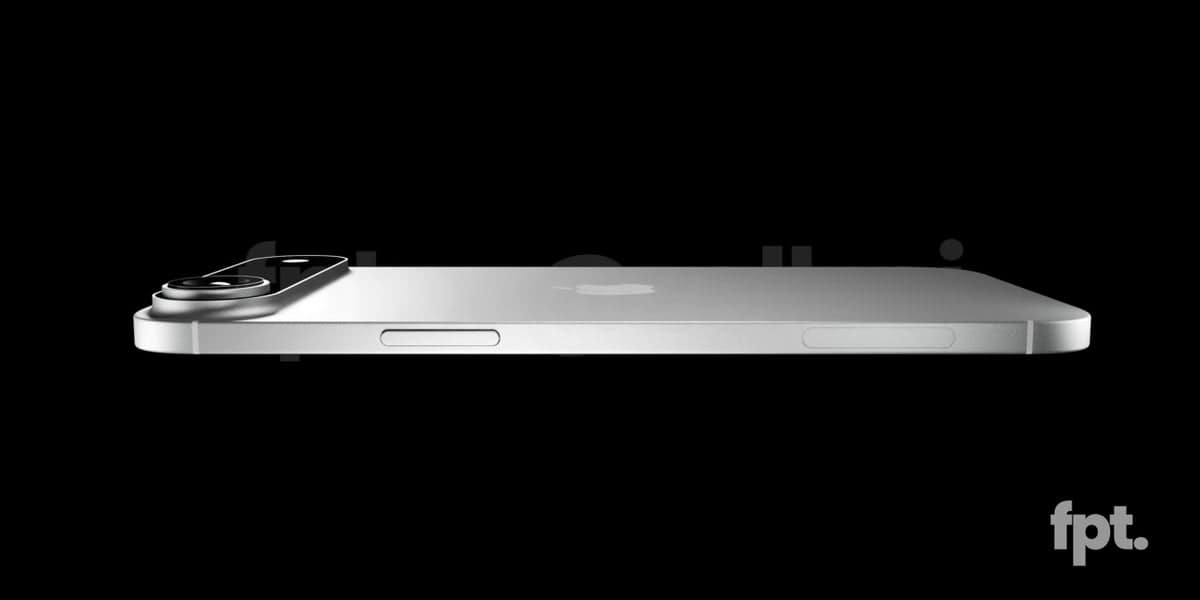
The upcoming iPhone 17 Air is rumored to be the thinnest and lightest iPhone Apple has ever made. Now, thanks to a new report from tipster Majin Bu, details on the battery, weight, and frame construction of the iPhone 17 Air have been revealed.
iPhone 17 Air weight and battery details
According to Majin Bu, they have broken down the various components of the iPhone 17 Air. After adding it all up, we’re looking at a weight of roughly 146g. For context, previous rumors have suggested that the phone weighs 145g or 150g, so 146g seems to corroborate those claims.
The post also corroborates previous rumors suggesting that Apple will employ a new type of battery technology. In the past, Apple has relied on lithium-ion batteries for its iPhones. However, for the iPhone 17 Air, Apple will adopt a silicon-carbon battery. This is the same battery tech we’ve seen in other thin phones, like the OPPO Find N5.
Silicon-carbon batteries are more dense than lithium-ion batteries. This means that it can pack a larger capacity but in a smaller body. But don’t get too excited just yet. Recent rumors claim that despite the use of a denser battery, the iPhone 17 Air’s battery life isn’t that great. So much so that Apple could launch an optional battery case for the phone.
Frame construction
The post claims Apple will use a Series 7000 aluminum chassis for the iPhone 17 Air’s frame. The frame itself is said to weigh between 25 and 30g, making it lighter than the titanium used in Apple’s iPhone Pro models. We would have liked to see Apple use titanium since it’s stronger than aluminum.
However, making titanium is a more complex and expensive process compared to aluminum. This might be why Apple is going with aluminum, which is generally the standard material of choice for the majority of smartphones these days.
The iPhone 17 Air is rumored to debut later this year in September. It will be announced alongside the rest of the iPhone 17 lineup, which includes the base model, the Pro and Pro Max model. It will also replace the Plus model in the series.
What’s your reaction?
Love0
Sad0
Happy0
Sleepy0
Angry0
Dead0
Wink0

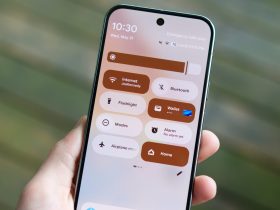

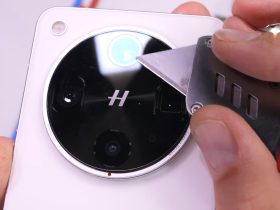

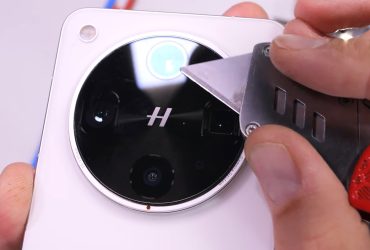
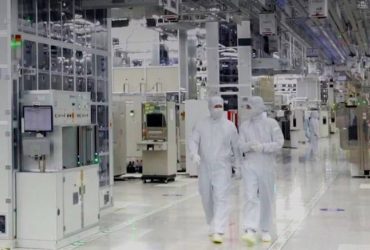


Leave a Reply
View Comments